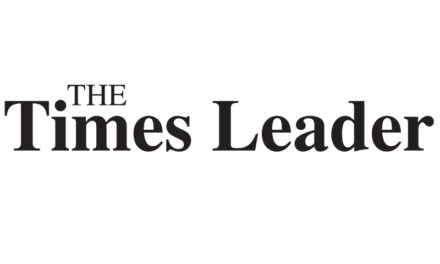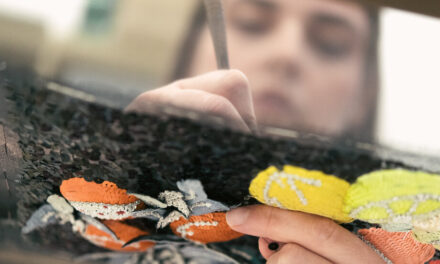Older people from Bangladeshi and Pakistani backgrounds are more than twice as likely to be among the very poorest in society than their white counterparts, a damning report has found.
More than a quarter of households headed by someone aged 50 or above from a Bangladeshi (26 per cent) or Pakistani (28 per cent) background are living in poverty compared with less than one in eight (12 per cent) of older white households.
The stark statistics feature in The State of Ageing, a new report by The Centre for Ageing Better, shared exclusively with The Independent, and the charity is warning that this number is set to rise significantly unless action is taken to tackle racial inequalities.
Its chief executive Dr Carole Easton OBE said: “Sadly, as our State of Ageing report details, many people from minority ethnic backgrounds suffer substantial inequalities in ageing, including worse housing, higher levels of poverty and worse health. This is a result of disadvantages in education, work and housing experienced across their lives.
“We need to take steps to tackle the root causes of ethnic inequalities in society. This should include a national race equality strategy that specifically considers healthy ageing.”
Older people from some ethnic minority backgrounds are more likely to be out of work than their white peers
The 2021 Census recorded 2.17 million people aged 50 and over with Black, Asian and Minority Ethnic backgrounds living in England – an increase of 80 per cent from 10 years earlier.
The State of Ageing report shows that people from some of these groups are already disproportionately struggling, with older people from minority ethnic backgrounds much more likely to be living in poor health, deep poverty and inadequate housing than the national average.
The charity warned this would likely only increase in the coming years, as younger generations which are already much more ethnically diverse, grow older.
The report revealed that more than one in five Bangladeshi women aged 50-64 report being in poor health, the same proportion as for white British women aged 85 and older.
Older people aged 50 or above from ethnic minority backgrounds are also more than five times more likely to be living in poor housing conditions with one in five from minoritised backgrounds living in homes that are either overcrowded, without central heating or a shared property compared to one in 25 older white people.
People from certain minority ethnic backgrounds are twice as likely to be out of work compared to their white counterparts, while just one in five (20 per cent) Bangladeshi women and fewer than one in three (29 per cent) Pakistani women aged 50-64 are in work. That compares to 66 per cent of white women of the same age, which over time contributes to significantly reduced private pension incomes.
Jabeer Butt OBE, chief executive of the Race Equality Foundation, said the report’s analysis showed that the burden of poverty and ill-health falls disproportionately on people from ethnic minority backgrounds.
“Action should have been taken. Action must be taken now to tackle poverty and racial inequality, with improvement in wages and benefits as well as sustained investment in social housing, public transport and provision of health and care, combined with leadership on tackling the scourge of racism. Older people from all communities deserve better,” he said.
The Centre for Ageing Better has called for improved data collection that captures the diversity of the country’s older population to understand ethnic health inequalities in later life.
It also wants all research studies to be designed with representative samples of ethnic minority groups and to include questions on ethnicity, identity and experiences of racism and racial discrimination.





